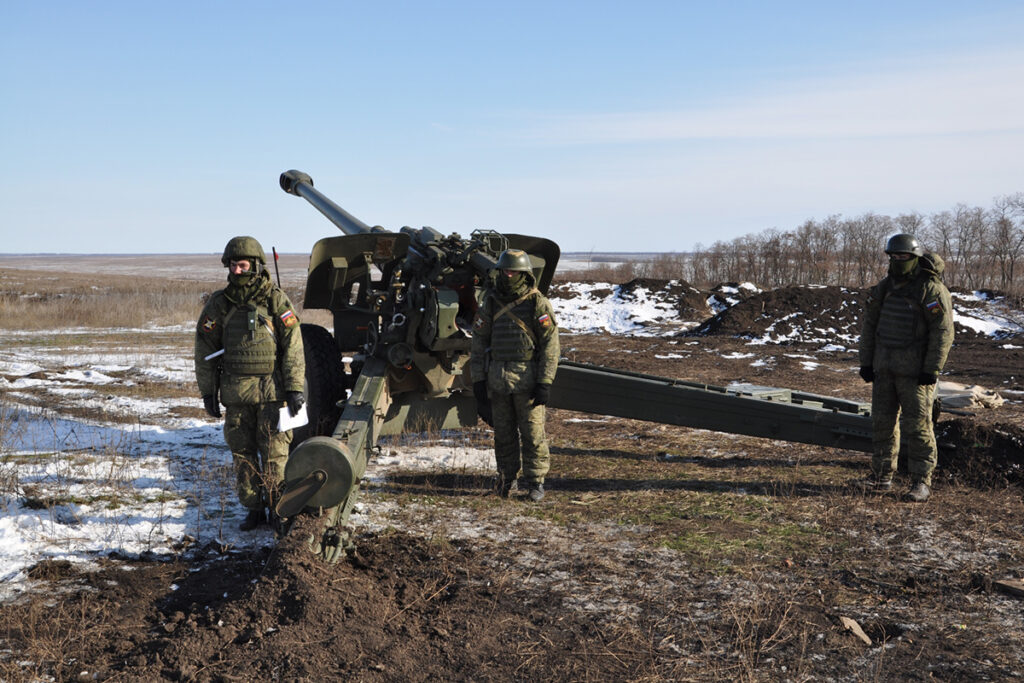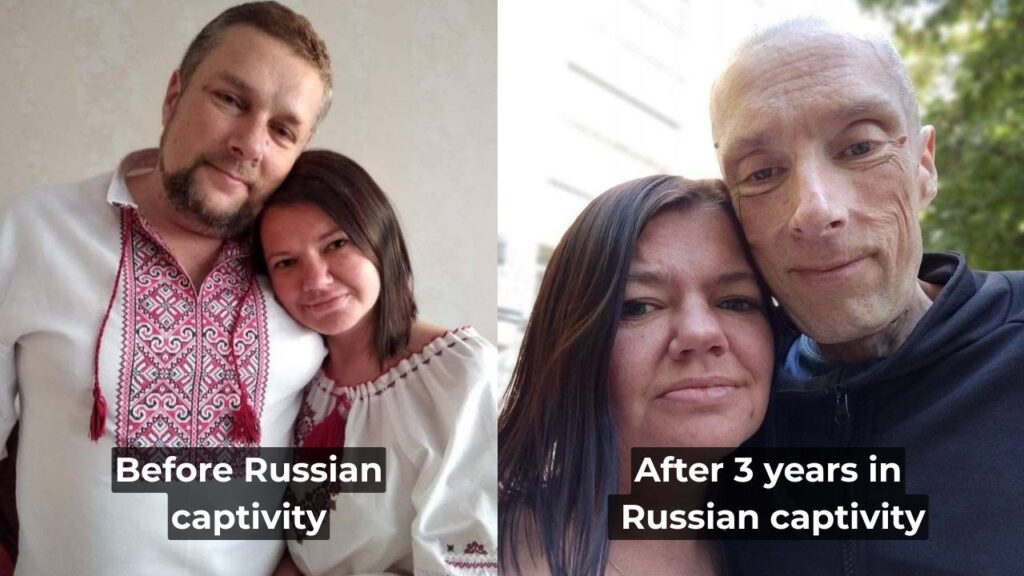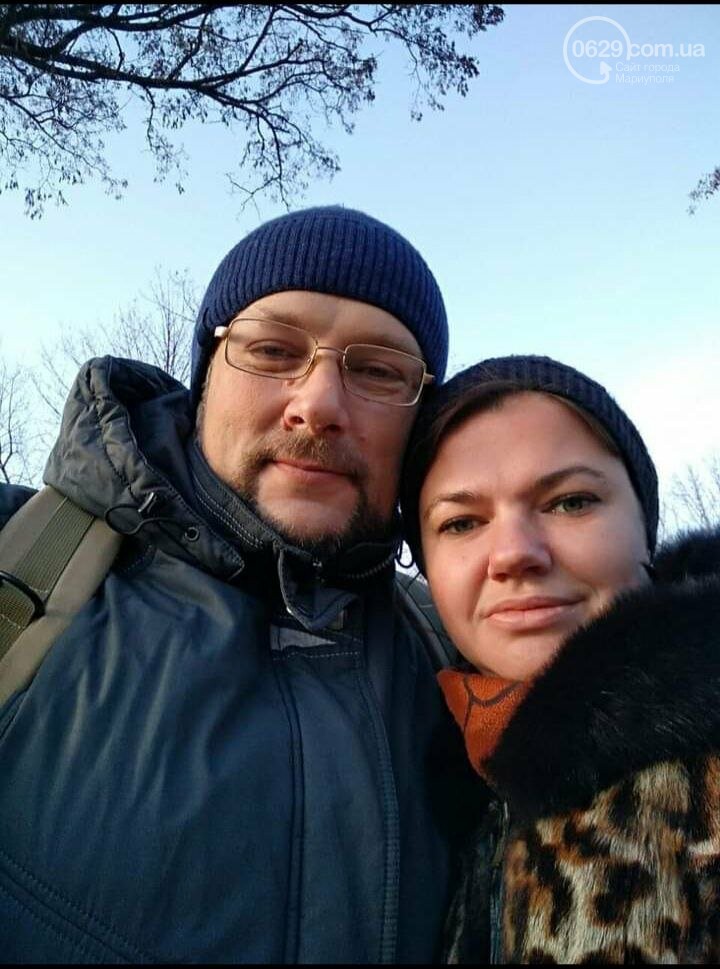“Chinese citizens should know they are being lied to,” Russian POW reveals Kremlin’s foreign fighter scam

His comrades died in their very first battle, and he was taken prisoner. Chinese national Wang Wu, known as Sabre, says he, like many other foreigners, was recruited under false pretenses, promised rear-line duties.
China’s official stance on Russia’s war in Ukraine is one of neutrality and calls for peace, but in practice, Beijing has become Russia’s key strategic partner and its main sponsor. Beijing continues to deny supplying weapons, but evidence indicates both material support and the presence of Chinese nationals fighting for Russia in Ukraine
But after a brief training period, they were immediately thrown into frontline combat, including in a suicidal assault near Toretsk in Donetsk Oblast.
A new report by I Want to Live, the Ukrainian state project, has exposed what happens to foreign recruits in the Russian army after signing contracts with Russia’s Ministry of Defense.
“I truly understand that we were deceived… I believe signing that contract was a shameful decision. I’m certain other Chinese citizens should know they are being lied to,” says the captured soldier.
According to the project’s representatives, most of the new recruits shown in videos from Russia’s 102nd Regiment are now either dead or severely wounded. Among the dead is Wang Wu’s friend, Yan Jingsheng, whose death he witnessed firsthand.
The project has stressed that foreigners in the Russian army are treated as nothing more than cannon fodder.
“If they don’t spare their own, why would they make exceptions for Asians or Africans?” the statement reads.
On 8 April, President Volodymyr Zelenskyy revealed that Ukraine captured two Chinese citizens who were fighting alongside Russian troops in the Donetsk Oblast. The operatives obtained their documents, bank cards, and personal data. An investigation and additional measures are ongoing.
One of them paid $3,482 to join the Russian military through a Chinese intermediary. He explained that his main motivation was to obtain Russian citizenship through military service. He underwent basic training in occupied Luhansk alongside other Chinese citizens, with instruction conducted without formal translation.
Read also
-
UP: Chinese POW paid over $ 3k to join Russian forces in Ukraine
-
Ukraine intercepts a mystery Russian bomb near Dnipro — officials debate if it’s Grom-1
-
Why Ukraine must bet it all on Putin’s greatest weakness—Crimea
-
Russia invests in African education and cultural events to shape long-term pro-Moscow influence
-
Putin deploys Africa operations chief to Kursk Oblast to counter Ukraine’s advances



